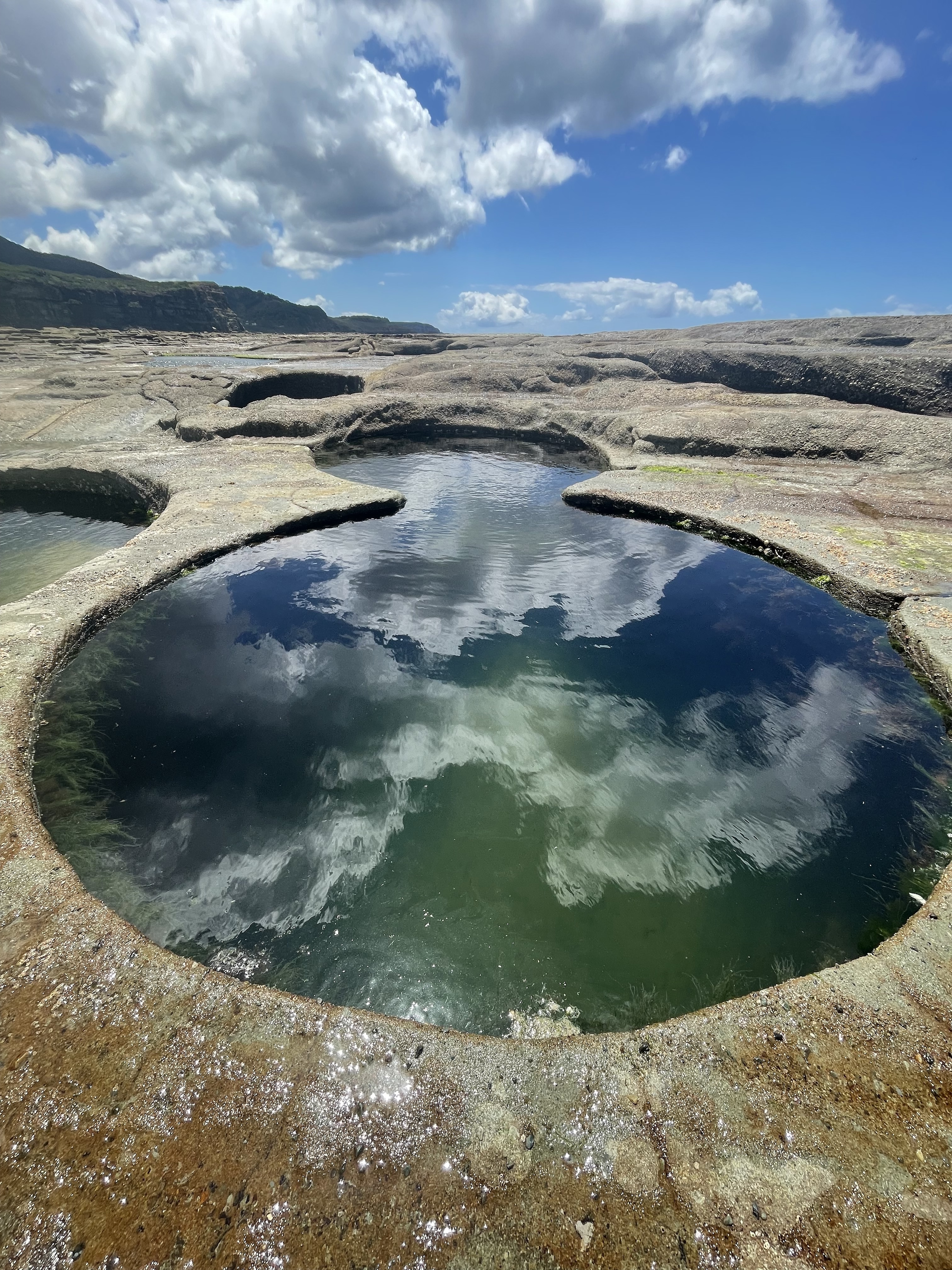Our True Value
In the first few years after Swami Kriyananda started Ananda, a number of swamis from India visited us. Most of them were not well known and were traveling alone without any entourage, but they brought with them the authentic spirituality of India. Perhaps it was Yoganandaji’s way of helping to imbue our lives, and Ananda’s work for the future, with deep spiritual vibrations.
One of these swamis said something in answer to a question I put to him that made a lasting impact on my life. I asked, “How do you develop the kind of dedication that enables you to stay on the spiritual path for your whole life?”
His answer puzzled me at the time, and over the years I’ve tried to understand its deeper meaning. He replied simply, “Don’t compare yourself to others.” That was it.
We’d never met before, so his response couldn’t have been based on seeing something in my behavior. But high souls have a deep sense of intuition that enables them to pierce to the heart of things. Over time I could see how his reply had hit home.
I saw how most of my training in life was to find my value by comparing my performance to that of others. “Am I better than my classmates?” “How much better?” “Am I the best?” were questions that ran through my mind. I wanted to do well in school and work, but my only gauge to judge my value was to compare my performance with others. This kind of thinking may get you to the top of your class or job, but it has its limitations in our spiritual growth.
Recently I read an article by a psychologist about something called “Goal Orientation Theory.” According to this, there are two kinds of goals: 1)“performance-oriented goals,” also called “ego-goals” (I’m not making this up), and 2) “mastery-oriented goals,” also called “learning goals.”
With “performance-oriented goals,” we try to show others how well we’re doing and are concerned about how they judge us. With “mastery-oriented goals,” we seek challenges and try to overcome difficulties, and our primary concern is self-improvement.

This psychological distinction reflects the same thing that the swami told me years ago. By comparing ourself with others, we’re stuck in a world of smoke and mirrors in which all we see are distorted reflections of who we really are. By seeking inner challenges and personal growth, we move towards self-mastery, wherein lies our actual value. And in the ultimate realization of our oneness with God we find truly the only thing in life worth achieving.
In his book Visits to Saints of India, Swami Kriyananda wrote about a saint he’d visited in 1960 named Yogi Ramiah, or Sri Rama Yogi. Yoganandaji had previously visited him during his return trip to India in 1936, and said that he was a fully liberated master.
Swamiji wrote, “I found Sri Rama Yogi by nature extremely withdrawn, hiding his spiritual glory from a wish to avoid curiosity seeking.” He lived in a small village in southern India, with only a few aged disciples around him. Sensing his high state of consciousness, Swamiji asked him why he didn’t have a more public work through which he could help many people.
Sri Rama Yogi answered simply, “God has done what He wants to do with this body.” He was able to cast aside the lower expression of self-will for the higher value of doing only God’s will.
So what is our true value? It’s not what others think of us, or even what we can accomplish in this world. It lies in the truth that God is the only reality behind everything that we do and are.
Yoganandaji put it beautifully with these words: “Beloved Lord, teach me to feel that Thou art the sole activating power, and that in recognition of Thee as the Doer lies the value of all my life’s experiences.”
And remember, in God’s eyes we are all “the best.”
Your friend in God,
Nayaswami Devi